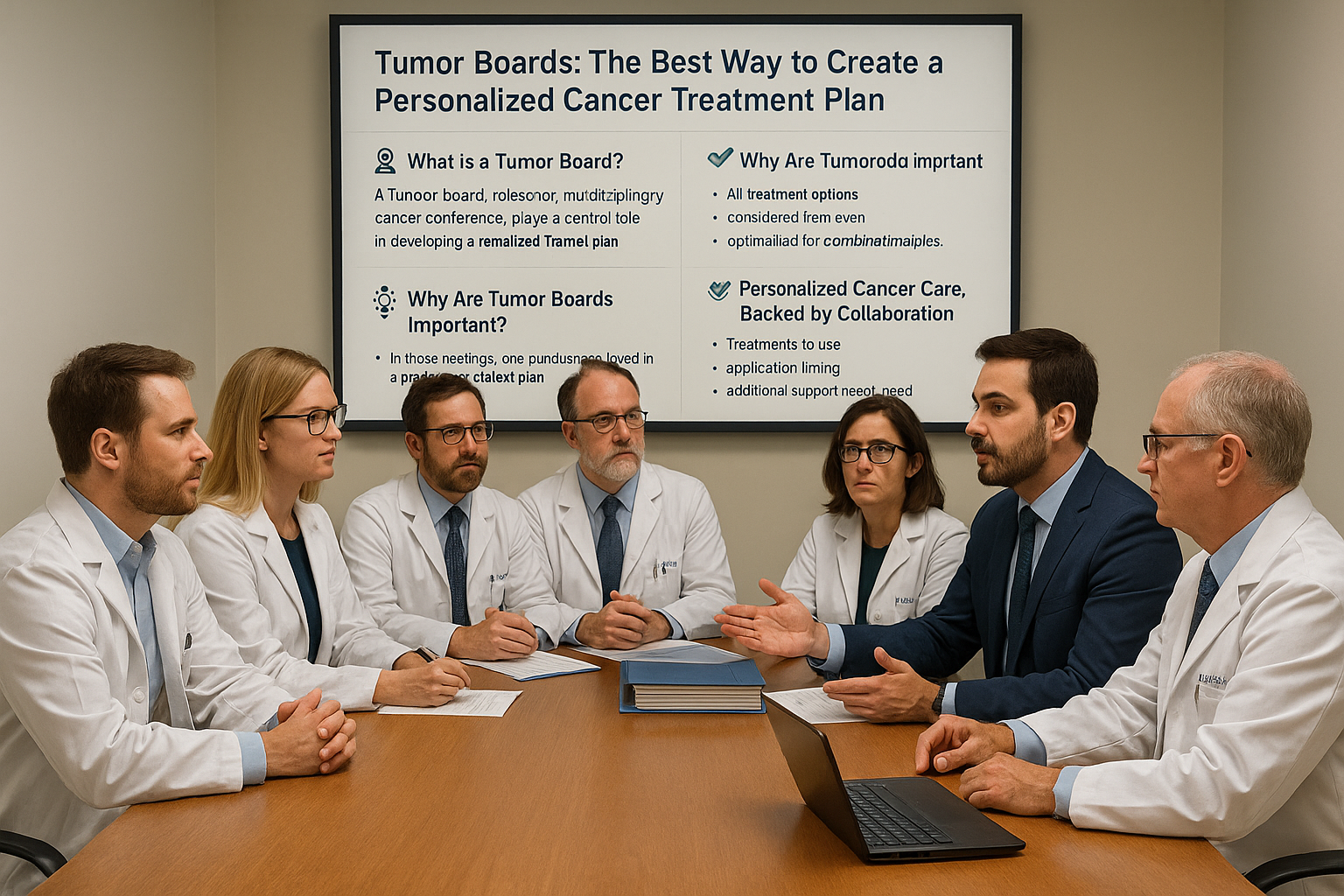Peritoneal Tumors
Peritoneal tumors are rare conditions that require specialized expertise and a multidisciplinary approach. With our state-of-the-art healthcare facilities, we provide the latest diagnostic and treatment methods for patients worldwide.
What Are Peritoneal Tumors?
Peritoneal tumors develop on the peritoneum, the thin membrane lining the abdominal cavity and surrounding its organs. The peritoneum protects and stabilizes the abdominal organs. Peritoneal cancer often arises as a primary condition or as metastasis from other cancers, such as ovarian or gastric cancer.
Symptoms of Peritoneal Tumors (Peritoneal Cancer):
- Abdominal pain and swelling
- Nausea and vomiting
- Gradual weight loss
- Loss of appetite
- Fluid buildup in the abdomen (ascites)
- Symptoms of bowel obstruction (constipation, difficulty passing gas)
Treatment Options
What Are Cytoreductive Surgery (CRS) and Heated Chemotherapy (HIPEC)?
Cytoreductive surgery is a cancer treatment procedure aimed at surgically removing as much tumor tissue as possible from the peritoneum. It is often combined with Hyperthermic Intraperitoneal Chemotherapy (HIPEC), where a heated chemotherapy solution is administered into the abdominal cavity post-surgery to eliminate microscopic cancer cells.
Goals of Cytoreductive Surgery (CRS):
- Reduce tumor burden: Shrinking tumors enhances the effectiveness of other treatments like chemotherapy or radiation.
- Slow disease progression: Helps prevent or delay cancer spread.
- Alleviate symptoms: Reduces pain, obstruction, and other symptoms caused by tumors.
Conditions Treated with CRS and HIPEC:
These treatments are commonly used for cancers that have spread to the peritoneum, including:
- Advanced ovarian cancer
- Primary peritoneal tumors (mesothelioma)
- Appendiceal cancer
- Colorectal cancers
- Selected cases of gastric cancer
Step-by-Step Treatment Process
- Patients arriving for treatment are admitted to the hospital one day before surgery.
- Detailed pre- and post-treatment planning is provided by doctors and clinical nurses.
- Pathology results are typically available within a week, and patients are informed about additional therapies (chemotherapy, immunotherapy, or targeted treatments).
- Hospital stays range from 4 to 10 days, followed by a 7-day recovery period at a designated hotel. Patients are then cleared for travel during their follow-up visit if no complications are noted.
Why Choose Us?
- Advanced Facilities: Offering robotic surgery, HIPEC, and personalized oncology treatments.
- Experienced Multidisciplinary Team: Includes specialized surgeons, medical oncologists, radiologists, and supportive care experts.
- Personalized Treatment Plans: Tailored to meet individual patient needs.
- Comprehensive Medical Tourism Services: Includes travel arrangements, accommodations, and language support for international patients.
Oncological Follow-Up and Care
We prioritize continuous follow-up and supportive care to monitor recovery, manage symptoms, and prevent recurrence. Our team collaborates with local oncologists to ensure seamless, long-term care.
Supporting You Through Your Healthcare Journey
We offer the following services to make your medical travel experience smooth and stress-free:
- Comprehensive Pre-Travel Assistance: Help with visa processing, medical record reviews, and travel planning.
- Comfortable Accommodations: Recovery-friendly facilities designed for medical patients.
- Dedicated Patient Coordinators: Multilingual coordinators to guide you at every step.
- Post-Treatment Support: Coordination with local healthcare providers for ongoing care.
Start Your Journey to Recovery Today!
For more information on our treatment options for pseudomyxoma peritonei and peritoneal surface malignancies, contact us. Regain your health with cutting-edge treatments in a compassionate and supportive environment.
Transform your health journey with expert care and advanced technology. We are here to support you every step of the way.




